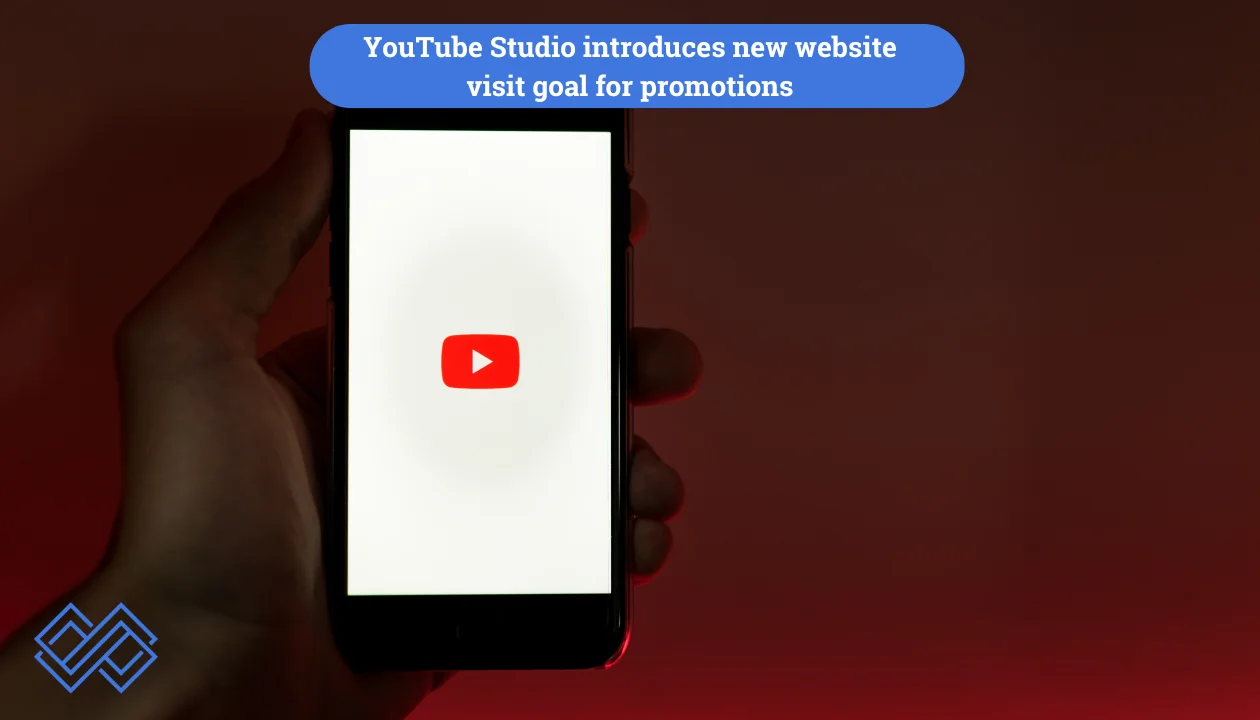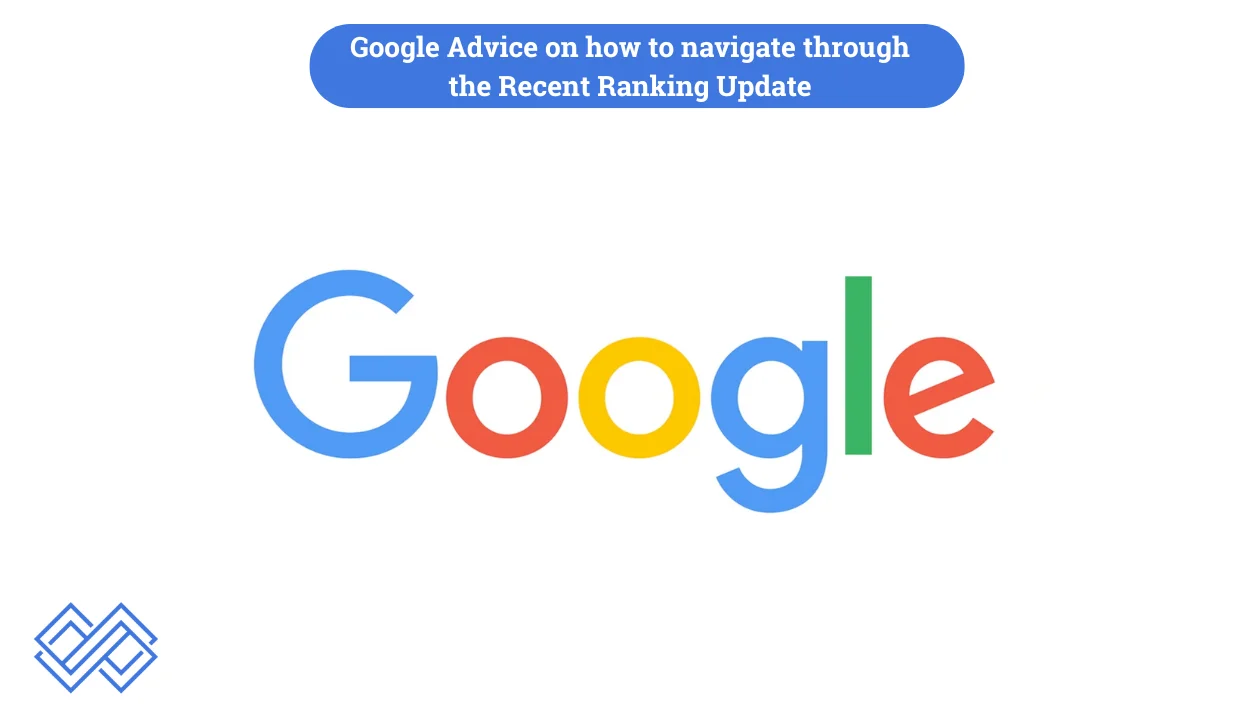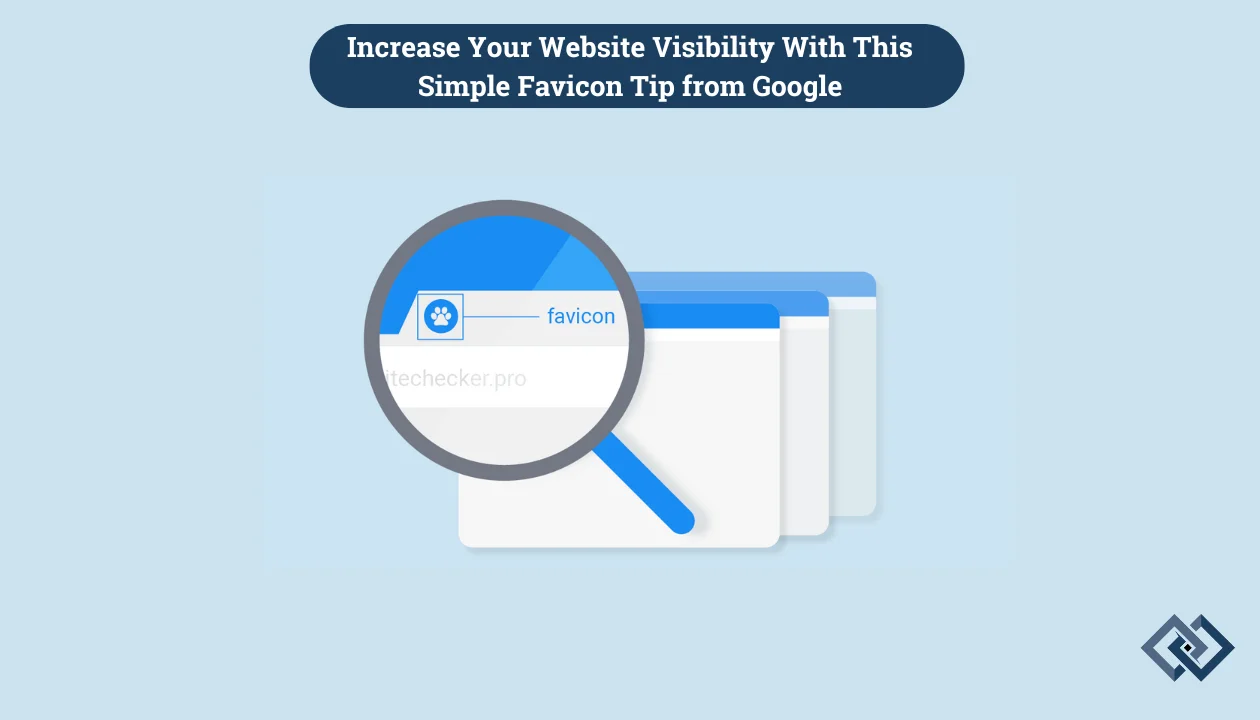Website credibility plays an important role in influencing how a site ranks on a search engine. Recently, Google’s Martin Splitt addressed worries about website trustworthiness and how competition could harm it.
In the Google Office Hours podcast, Google’s Martin Splitt explains how they evaluate a website’s trustworthiness and confirms that external factors such as bot site traffic have no negative impact on a website ranking or trustworthiness.
What Does Website Trustworthiness Mean
Website Trustworthiness means how reputable and credible Google thinks a website is in comparison to others. Trustworthiness can be defined by a variety of variables, such as content quality, number of authoritative backlinks, and overall user experience.
However, it is important to understand that Google does not rate websites based on a specific trust metric. Instead, Google’s algorithm uses a variety of signals for determining the site’s quality and reliability.
Martin Splitt, a Developer Advocate at Google, stated that when Googlers discuss trustworthiness, they typically refer to the general quality of the site rather than a specific measure.
Can Competitors Impact Your Website Trustworthiness
One question which remains in the minds of every website owner and SEO person is whether a competitor can undermine their site’s legitimacy by sending bot traffic to their website or create bad signals. This will lead to Google not trusting a website and decrease their ranking.
Which led someone to ask the question: “Do I need to be concerned about bad actors sending spam or fake traffic to my site?”. Because site trustworthiness is binary.
Addressing the query, Martin Splitt explained that external factors such as sending bot traffic to a website have no effect on how Google assesses a site’s trustworthiness. The assumption that click analytics or traffic from questionable sources might influence rankings is mostly a fiction and has no impact on the ranking of a website.
He also clarified that trustworthiness of a website is not “binary” and that bot traffic has no influence as to how Google perceives a website.
What Really Affects a Website Trustworthiness
Martin Splitt later explained that the site’s own conduct and content is what actually influences the credibility of a website. If a site engages in unethical behaviour, such as spamming or distributing malware, Google will correctly regard it as untrustworthy.
However, factors beyond the site’s control, such as the source of incoming traffic or the origin of backlinks, have no bearing on Google’s judgement of trustworthiness.
He said: “If a site itself does shady things, such as spam, malware, sure, that’s a problem, but nobody gets to choose or control where traffic or links are coming from, so that’s not something Google Search will look at to judge a website’s trustworthiness.”
Can You Prevent Bot Traffic
Almost every website on the internet receives some amount of bot traffic. These bots may scan your website for weaknesses or frequently attempt to access non-existent pages. Which Google considers as a normal part of the web environment and recognizes that no website is immune to low-quality inbound links or bot traffic.
Key Takeaways
There are few things that can be followed by website owners and SEO persons to increase the trustworthiness of their website. Such as:
- Focus on Quality Content and Practices: The most effective strategy to maintain a website’s reputation is to prioritise high-quality content and follow ethical methods. Ensure that your website does not engage in spamming or contains viruses.
- Do Not Worry About External Factors: You don’t have to worry about the external factors such as your competition as they do not have any direct impact on how Google evaluates your site’s trustworthiness. Instead, focus on what you can control: your own website’s content and user experience.
- Recognise the non-binary nature of trustworthiness: Recognise that trustworthiness is not a binary idea for Google. Google evaluates a site’s reliability based on multiple variables and signals, not only its trustworthiness. Stay up to date with Google’s guidelines. Regularly check Google’s best practices and recommendations to verify that your website meets their criteria.





